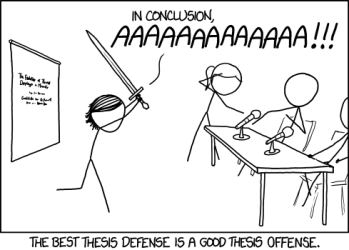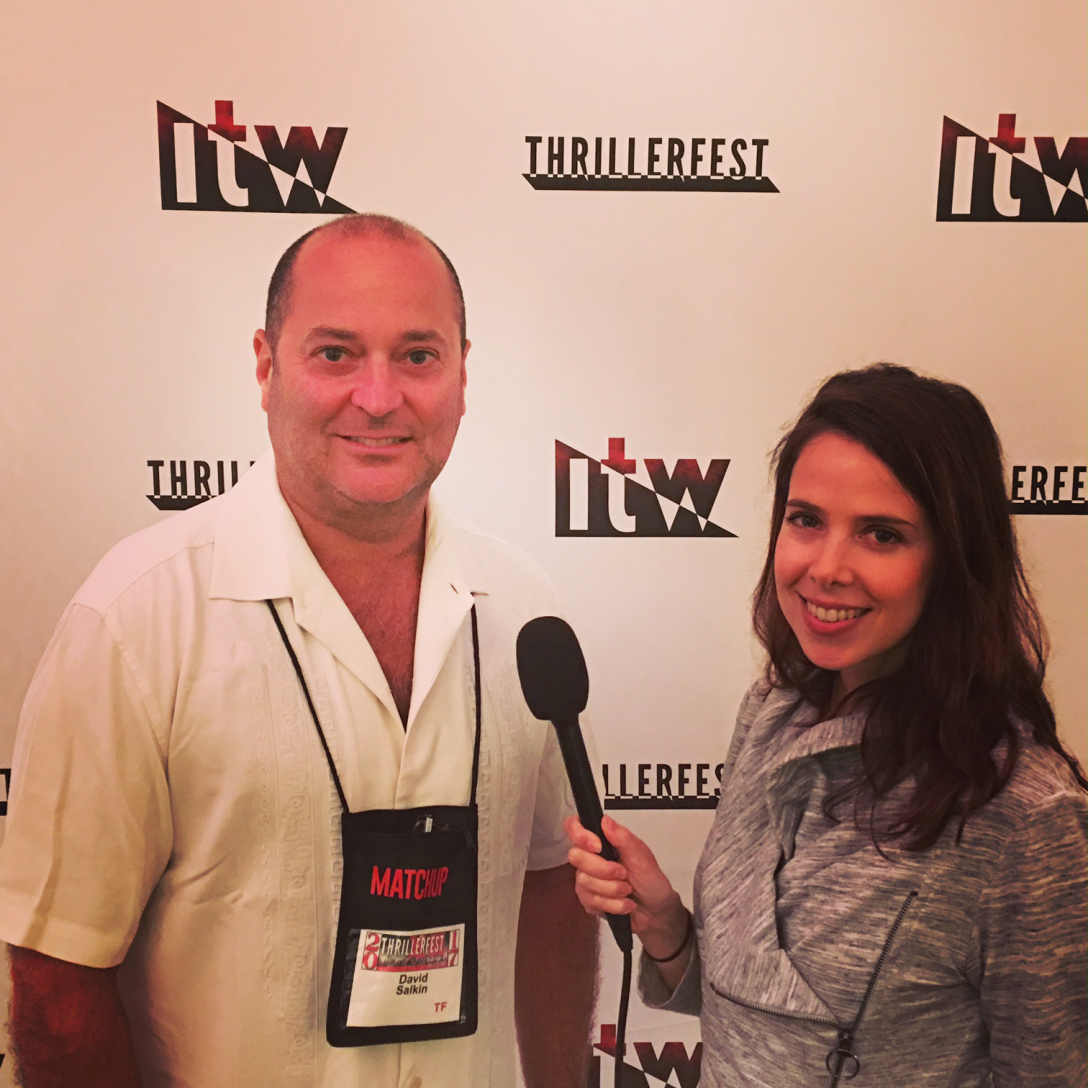In one way or another, sex was a powerful motive in all but two cases, and in at least four cases respectability — the desire to gain a secure position in life, or not to forfeit one’s social position by some scandal such as a divorce — was one of the main reasons for committing murder. In more than half the cases, the object was to get hold of a certain known sum of money such as a legacy or an insurance policy, but the amount involved was nearly always small. … The murderer should be a little man of the professional class — a dentist or a solicitor, say — living an intensely respectable life somewhere in the suburbs, and preferably in a semi-detached house, which will allow the neighbours to hear suspicious sounds through the wall. He should be either chairman of the local Conservative Party branch, or a leading Nonconformist and strong Temperance advocate. He should go astray through cherishing a guilty passion for his secretary or the wife of a rival professional man, and should only bring himself to the point of murder after long and terrible wrestles with his conscience. Having decided on murder, he should plan it all with the utmost cunning, and only slip up over some tiny unforeseeable detail.What struck me was how closely — at the time when the Golden Age of detective fiction was indicating that the butler should bring in the trolley with the digestifs — this outline of Orwell’s, drawn from sensational real-life murder cases that permeated the public consciousness, matches so closely the standard GAD outline of plots that has been taking these basics to greater and greater heights for the preceding quarter of a century. Life imitating art imitating life, of course: these ingredients will render themselves fascinating whether in fictional or factual combinations, and so the wave of GAD popularity was more than likely riding an existing wave of fascination with this sort of scheme. Martin Edwards has already detailed the thrall that true crime held many GAD writers in, after all, and they’re only separated from the hoi polloi because they then turned this fixation to fictional ends. Everyone else simply read it all, equally enthralled. I suppose that what especially struck me reading this is that Orwell’s disdain for the Cleft Chin Murder — he clearly despises the sordid nature of “the whole meaningless story”, with its terpsichorean air and the sniff of a lothario about it — is driven by the sense of murder without “strong emotions” behind it, and this essay was published just a stone’s throw from an Agatha Christie novel with a famously, deliberately slight and petty motive behind the murder therein. Now, of course, Christie does not speak for the whole GAD firmament, and I have not yet read fully enough in the genre to make this assertion with anything like confidence, so I shall phrase it as a question: is there a chance that the Golden Age tradition in detective fiction could in fact be defined in terms of its motive? I mean, sure, probably not, but hear me out.

I read very little in the way of modern crime fiction, so excuse me that most of my examples are probably at least 10 years old now, but very little of what I’ve read in this modern climate — Harlan Coben, Michael Connelly, Robert Crais, Meg Gardiner, Ian Rankin, Michael Robotham, fine authors all, I’m not here to shit on anyone — is motivated along the lines that Orwell provides above, and most of it couldn’t be further from the Golden Age tradition. Hell, one of Rankin’s most fairly-clewed books contains an entire subplot where his detective, Inspector John Rebus, shuts his girlfriend’s cat out of the house and it gets torn apart by a local dog…and his girlfriend breaks up with him by collecting the scattered remnants of said cat and presenting them to Rebus in a carrier bag. HANG ON, I FEEL A COMPLETE ASIDE COMING ON Has it occurred to anyone else that what we call ‘detective fiction’ typically focusses on the crime and what we call ‘crime fiction’ typically focusses on the detective? I know that sounds like I’m high, but how has this not struck me before now?

There is no depth of feeling in it. It was almost chance that the two people concerned committed that particular murder, and it was only by good luck that they did not commit several others.We are increasingly sold crime fiction that is built around not the relatable domesticity and frustration of “the desire to gain a secure position in life, or not to forfeit one’s social position by some scandal such as a divorce” or “to get hold of a certain known sum of money such as a legacy or an insurance policy” but instead a more unrelatable parsing of a situation that dehumanises that central conceit by (admirably) drawing in wider social issues, or (less admirably) by selling a gruesome spectacle that promises untold imagination and instead supplies cheap titillation and lazy reheating of already stale ideas (there’s one author recently guilty of this I’d happily piss on…). When your bad guys are human traffickers — well, sure, human traffickers are indeed hideous and awful people, and we can at a visceral level empathise with the horror of being in the clutches of such inhuman, avaricious monsters…but they’re easy monsters to hate, to motivate, and to dispatch. And, crucially, the sense of where that core monstrosity comes from is not really important: it’s unlikely someone will try to write a crime move with a sympathetic portrayal of such people, that’s an innovation too far. So I wonder if the end of the Golden Age is marked, and if the Golden Age style is recalled, not in the core set of actions or tropes — inestimably key though they are — but in the acknowledgement of how a crime like murder is motivated by desperate needs in response to a desperate situation. If the GAD generation was marked by is annealing in the fires of international conflict, perhaps it was the Second World War that finally made the leap from Father Brown’s apocryphal murder victim hidden on a battlefield, via J.J. Connington’s assertion that “human life’s the cheapest thing there is”, to finally not needing that strong emotional connection to a crime after so much wholesale, indiscriminate slaughter. That was the point, with innovators like MacDonald nudging the boat out into deeper water while others blithely rowed us back in and continued as if nothing was happening, that the Golden Age came gracefully to a close, and that is why so much difficulty can be found in establishing a definitive end date; after all, a large number of authors into the 1950s and beyond continued to utilise the essential scheme of Orwell’s ‘perfect murder’, it just gradually ceased to be the prevailing trend. It is, of course, a gigantically complex topic, and I’m over-reaching myself hugely by putting this forward, mainly because there’s still so much in both schools — not to mention the intervening years — that I’ve not read. I don’t for a second imagine that I’ve presented a new, challenging, and startling perspective on GAD, but I’d love to know your thoughts all the same. Share this:





